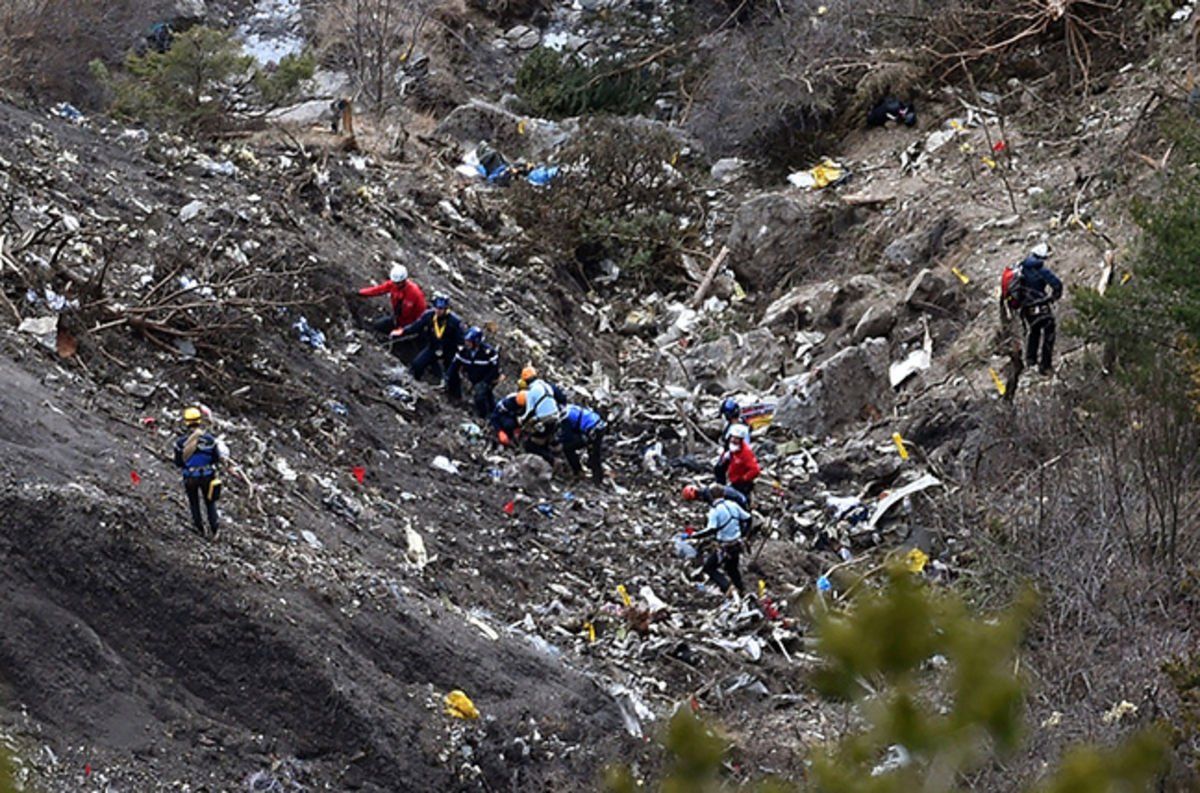
The Harvard School of Public Health says 12.6 percent of pilots surveyed may have clinical depression and 4.1 percent reported having suicidal thoughts within the two weeks prior to completing the questionnaire. The study, the first to probe pilot mental health directly rather than through information gleaned from accident investigations, was conducted anonymously and the mental health questions were mixed with other general health inquiries to encourage honesty and reduce the chance for bias. It raised the eyebrows of Alex Wu, the grad student who was the first author on the resulting paper. “Our study hints at the prevalence of depression among pilots—a group of professionals that is responsible for thousands of lives every day—and underscores the importance of accurately assessing pilots’ mental health and increasing support for preventative treatment,” Wu said. The study was released a year after a depressed first officer intentionally crashed a Germanwings A320 in the French Alps, killing all 150 on board.
A total of almost 3,500 airline pilots took the survey and 1,848 did the mental health questions. Of the 1,430 who had worked in the week previous to taking the study, 13.5 percent (193) met the criteria for depression. Pilots who took sleep aids or who reported sexual or verbal harassment were the most likely to be depressed. Among the symptoms reported were loss of interest, feeling like a failure, having trouble concentrating and believing they would be better off dead. More men than women reported having one or more of those feelings “nearly every day.” Joseph Allen, assistant professor of exposure assessment science and one of the paper’s senior authors said a complicating factor in the depression levels is the “veil of secrecy” around mental health issues in the cockpit. “We found that many pilots currently flying are managing depressive symptoms, and it may be that they are not seeking treatment due to the fear of negative career impacts,” he said.


































